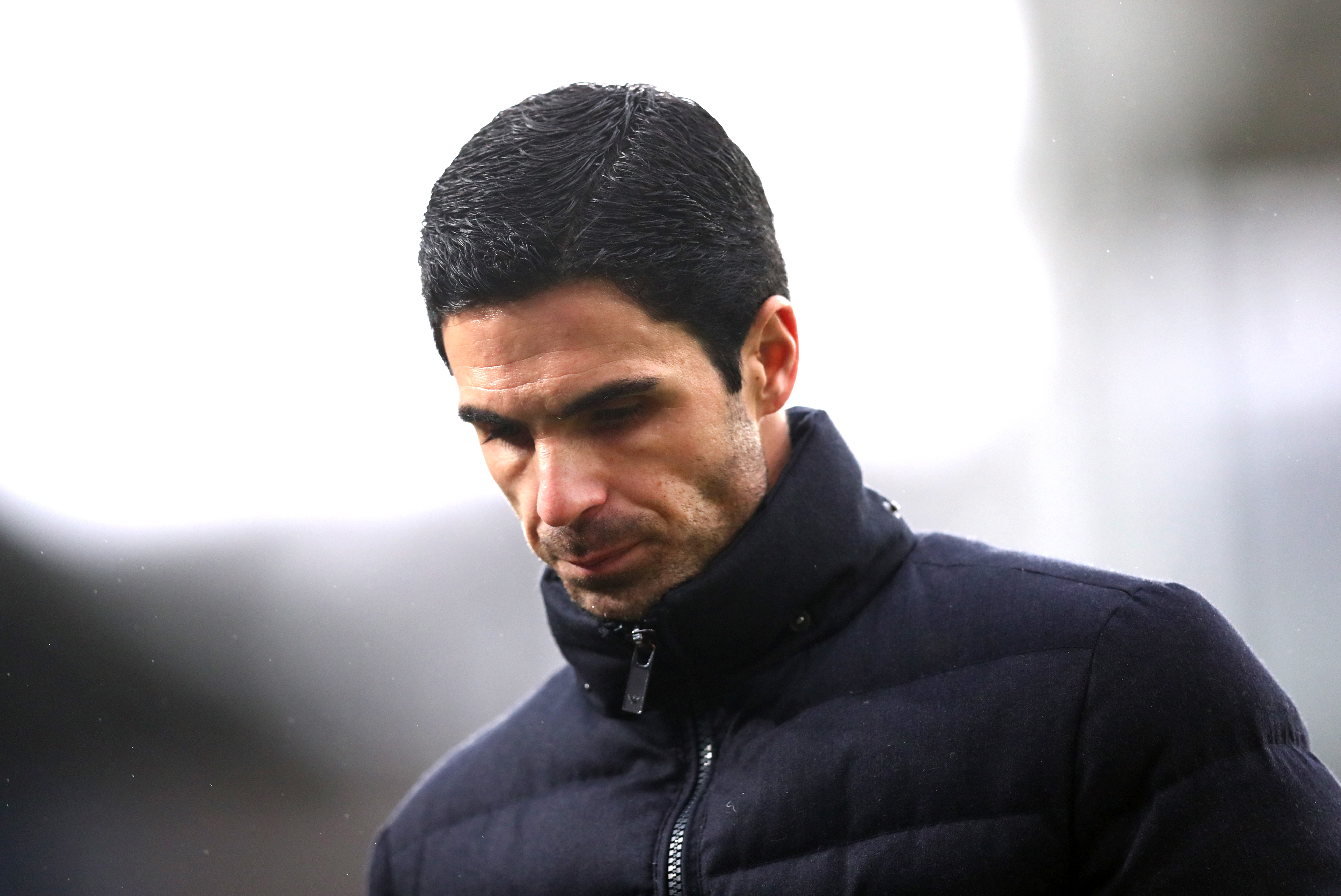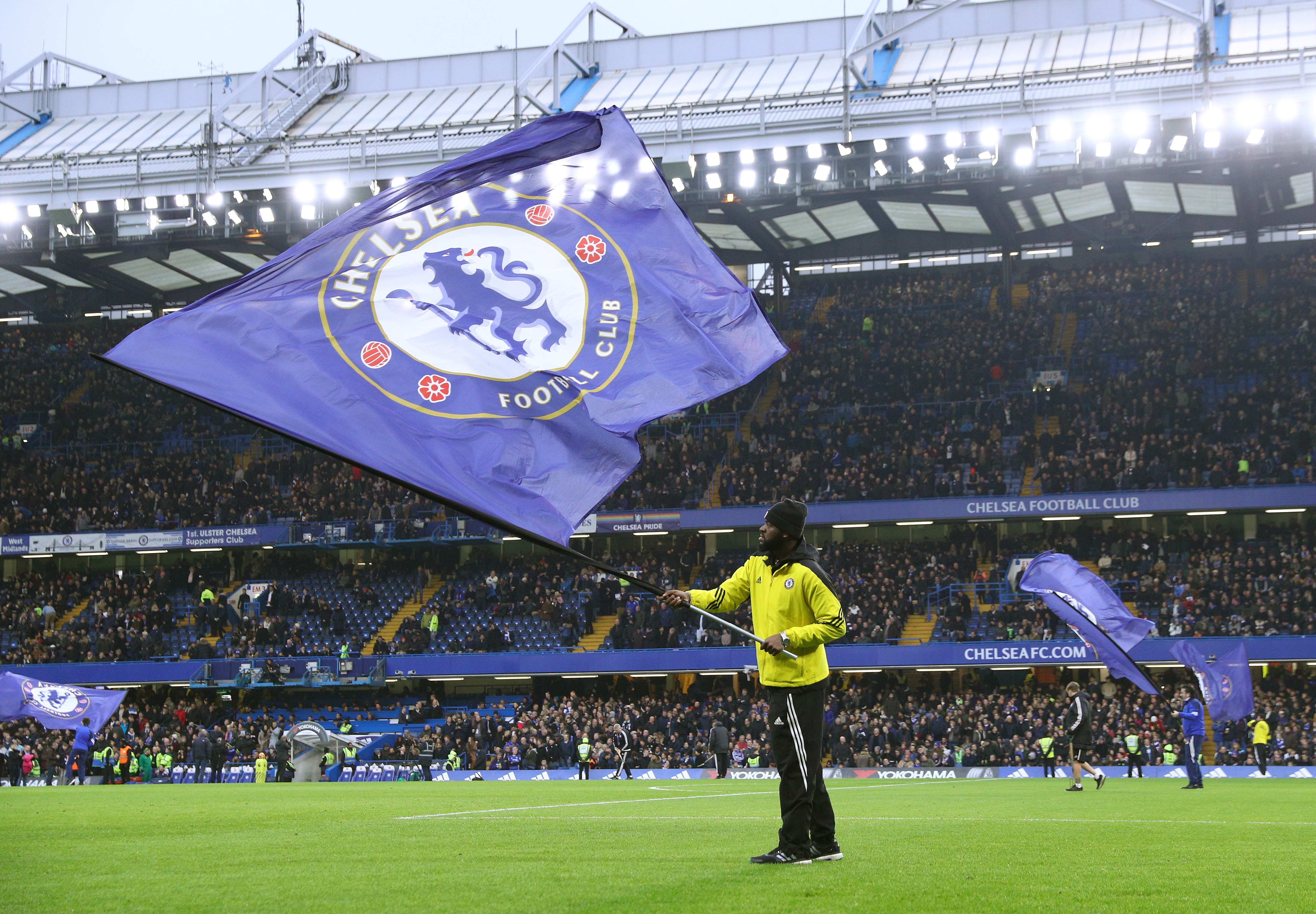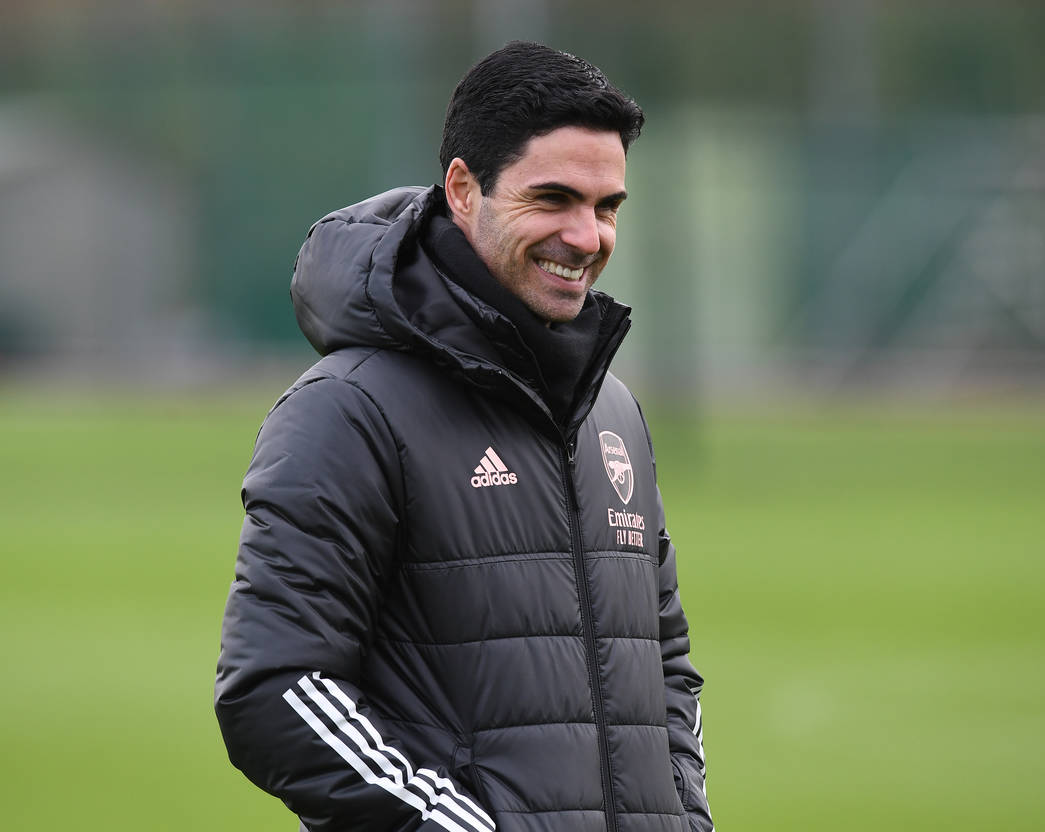Croatia will hope their 23-man squad displays the swagger of the 1998 team as the nation hopes to string together a good run at the World Cup in Russia.
Croatia have struggled to display their brand of football at the World Cup. After a third-placed finish in the 1998 edition, in what was their first appearance at the event as Croatia, they have never managed to get past the group stage. The nation though, will be silently confident of a better performance this time around in Russia.
Pitted against the likes of Iceland, Ukraine, Turkey and Finland, Croatia had to go through the second qualification phase after finishing second in their group, behind Iceland – a nation that they will be meeting in Group D at the 2018 World Cup.
Croatia cruised through the knockout match with Greece, qualifying for the World Cup over the 2004 European Championship winners with an aggregate score of 4-1. The focus will be on the tryst with destiny at Russia now, with the entire nation rooting for the 23-man squad.
Group and Fixtures
Croatia are drawn in Group D alongside Iceland, Argentina and Nigeria. The European nation will open their campaign with a tricky tie against Nigeria, who, even though are placed lowly in the world rankings, have the quality to give Croatia problems.
Croatia will then face Argentina, hoping for a result against the favourites of Group D, before rounding their group stage fixtures out with a match against familiar foes Iceland. It will be interesting to note that it was their defeat to Iceland in the group stage of the qualifying process that was one of the main results that pushed them down to second place.
The Squad
Zlatko Dalic had named a 32-man preliminary squad, which was then whittled down to 23 as the manager announced the players that will be on the plane to Russia to represent Croatia at the World Cup.
Goalkeepers: Dominik Livakovic, Lovre Kalinic, Danijel Subasic
Defenders: Sime Vrsaljko, Ivan Srinic, Vedran Corluka, Dejan Lovren, Tin Jedvaj, Duje Caleta-Car, Domagoj Vida, Josip Pivaric
Midfielders: Ivan Rakitic, Mateo Kovacic, Luka Modric, Marcelo Brozovic, Filip Bradaric, Milan Badelj
Forwards: Ivan Perisic, Andrej Kramaric, Nikola Kalinic, Mario Mandzukic, Ante Rebic, Marko Pjaca
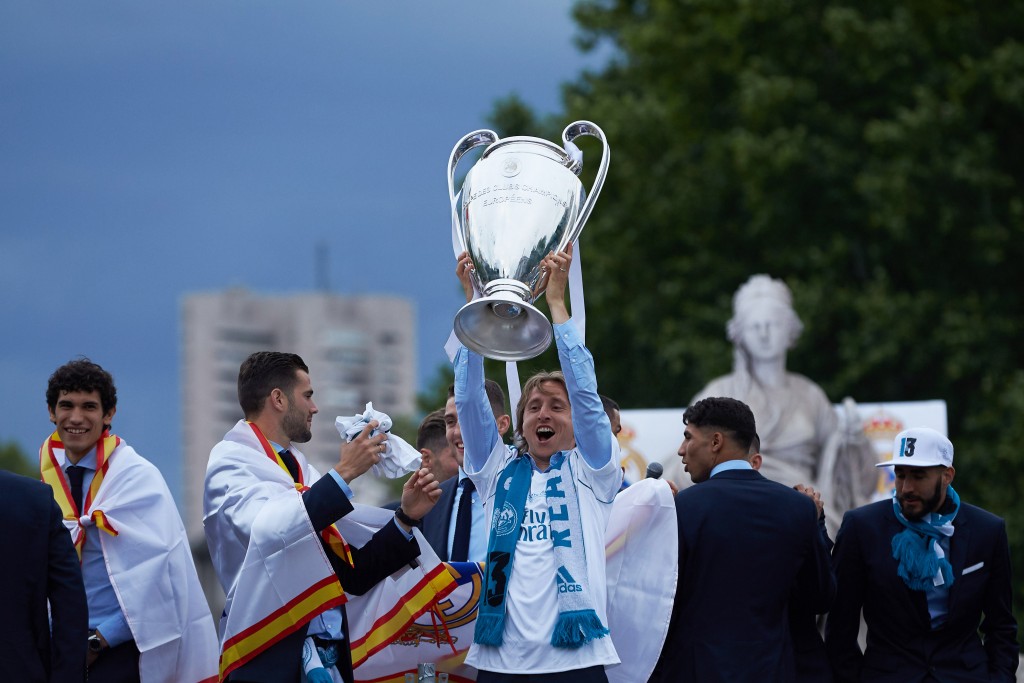
Dalic announced an almost expected 23-man squad, with little to no surprises. There was one contentious decision, though.
Karlo Letica was expected to be one of the goalkeepers to travel with the squad for the World Cup. But, the 21-year-old, who has attracted interest from Real Madrid, failed to make the final cut, which will be a disappointment for the Hajduk Split goalkeeper.
Marko Rog was another that failed to make the final 23-man squad. There could be questions raised over Filip Bradaric’s selection ahead of the Napoli man. But, apart from the two, the rest of the squad is pretty much what was expected to represent Croatia at the World Cup.
Duje Caleta-Car will be excited at the opportunity of gaining experience of the grand stage in Russia and could emerge as a handy backup option for Croatia.
The Manager
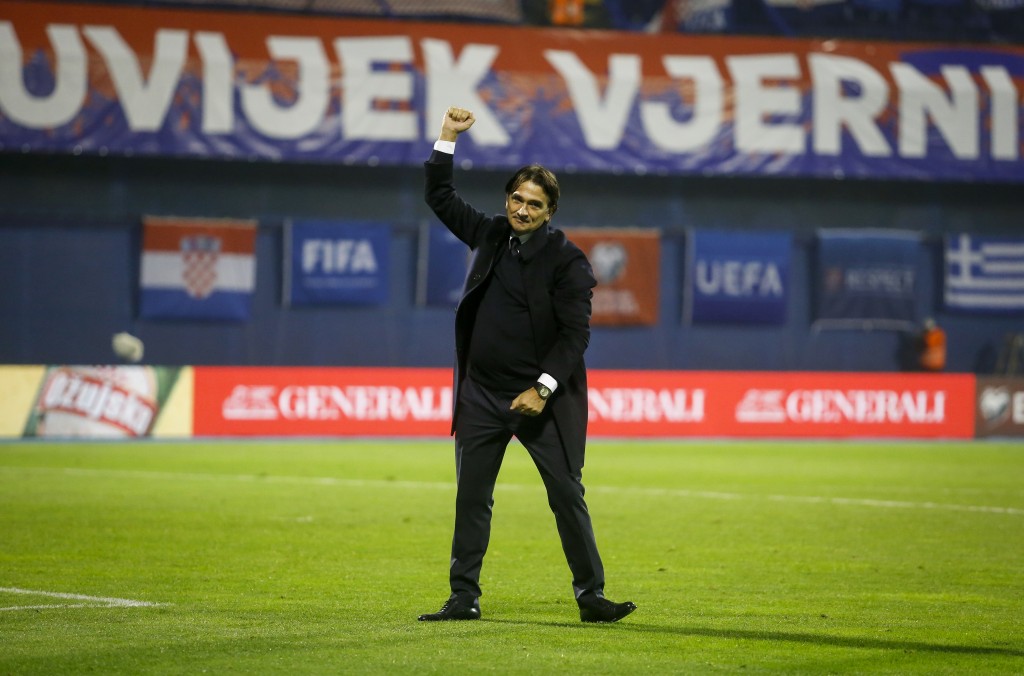
Zlatko Dalic took over the reins of the Croatian National Football Team in October, 2017 after Ante Cacic was sacked. Dalic had no prior experience of managing a national football team and had received most of his success in the Middle East.
His stint at Al-Ain was a huge success for both the manager and the club, with Dalic leading the club to three trophies, along with a runners-up finish in the Asian Champions League. Still, his appointment as the Croatian National Football team manager took many by surprise.
His record with Croatia thus far, hasn’t exactly been ideal, with the nation winning just four of the seven games, losing two of them. What is even more of a surprise is their inability to lodge the ball in the back of the net, with just 8 goals in the seven matches played under Dalic.
Clearly, there are things that Dalic needs to work on in order to make Croatia into a polished contender to reach the knockout phase at the very least.
Since his arrival, Dalic has continuously swapped between 4-2-3-1 and 4-3-3 and we could see a similar plan being executed at the World Cup. The latest win – a 2-1 result over Senegal in a friendly – saw Dalic field a defensive minded 4-3-3 and we could ideally see the manager retain the formation in order to build some momentum and understanding on the pitch.
The friendly could also serve as an indicator of the players Dalic will prefer to field in the starting eleven. The defence is almost set in stone, with Danijel Subasic likely to guard the Croatian goal, with Vedran Corluka and Dejan Lovren as the designated centre-back partnership.
Ivan Strinic is expected to start on the left, with Sime Vrsaljko on the right, despite Dalic fielding Damogaj Vida in place of the Atletico Madrid man in the friendly win over Senegal.
Up ahead, Luka Modric should be the advancing central midfielder, with Ivan Rakitic and Mateo Kovacic forming the bedrock of the defensive minded three-man midfield. Mario Mandzukic should start upfront, with Ivan Perisic on one side of the wing. The other side though, might depend on where Perisic is installed by Dalic.
If Perisic is deployed on the right, we should see Ante Rebic start on the left. But, if Perisic is placed on the left, Marko Pjaca should assume his position on the right. We expect Pjaca to be preferred over Rebic.
Probable Lineup (4-3-3): Subasic; Vrsaljko, Corluka, Lovren, Strinic; Kovacic, Modric, Rakitic; Pjaca, Mandzukic, Perisic
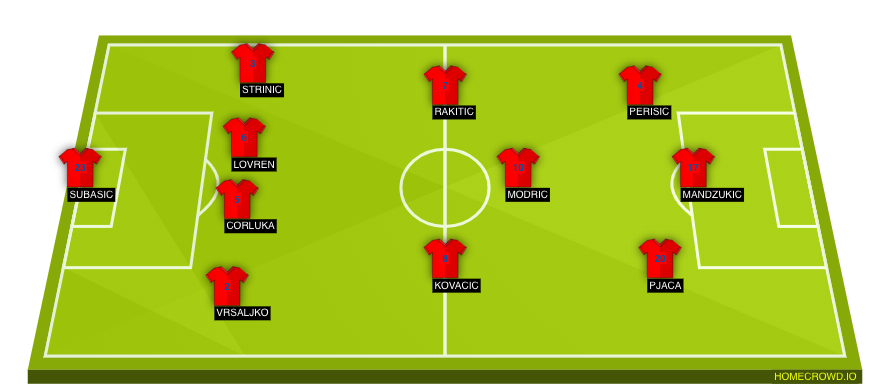
THT Verdict
Croatia are a very strong side on paper. The midfield is perhaps one of the strongest at the World Cup and a lot will depend on their performance in the middle of the park. For many, this will serve as the last World Cup to serve their country and they are likely to give their all in an attempt to make the fans and the country proud of their display in Russia.
The group could turn out in any manner, with all four teams capable of reaching the knockout stage. Croatia though, will only stand a chance if Dalic is able to sort out the things that are crippling the attackers within his tactical style. Modric & co. are expected to make the playoffs atleast, with a group stage exit likely to be met with disappointment and criticism.



